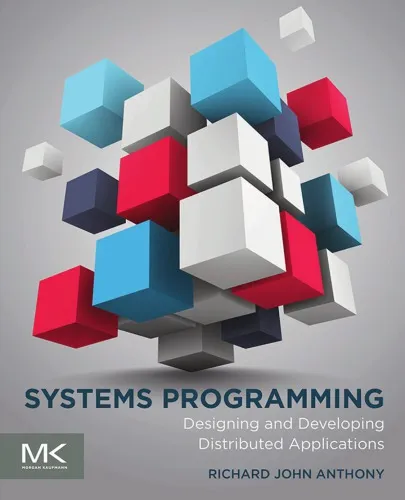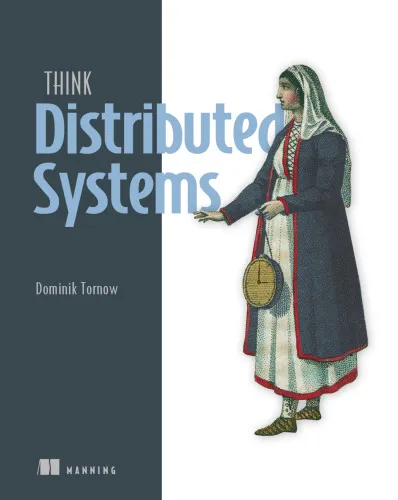Data & Knowledge Engineering
4.9
Reviews from our users

You Can Ask your questions from this book's AI after Login
Each download or ask from book AI costs 2 points. To earn more free points, please visit the Points Guide Page and complete some valuable actions.کتاب های مرتبط:
Analytical Summary
The book chapter titled Data & Knowledge Engineeringpp.93—103 represents a focused exploration into the intersection of structured data systems and the methodologies used to manage, model, and apply knowledge in a computational context. Designed for an audience that includes serious readers, academics, and professionals, this section of the work delves into conceptual frameworks and practical strategies that have shaped the discipline of Data & Knowledge Engineering—a field critical to modern information systems design.
Through an analytical lens, the text examines foundational theories and applied techniques, offering a detailed synthesis that bridges academic research with industry practices. Core topics such as semantic modeling, ontology development, and database architecture are unpacked with care, ensuring that readers gain both depth and clarity in their understanding. While specific publication details for this chapter remain information unavailable due to no reliable public source, the content’s relevance is evident in its direct applicability to computational knowledge management.
Additionally, the chapter emphasizes the evolving role of data engineering within broader knowledge ecosystems, acknowledging emerging trends such as artificial intelligence integration, distributed systems, and decentralized knowledge repositories. Each concept is grounded in case-based reasoning and real-world examples, making it a practical reference point for advanced study and professional application.
Key Takeaways
Readers will emerge from Data & Knowledge Engineeringpp.93—103 with actionable insights into both the conceptual and operational aspects of managing data and knowledge effectively.
First, the treatment of semantic structures reinforces the importance of linking raw data to meaningful conceptual frameworks. Second, comprehensive coverage of knowledge representation highlights pathways for translating complex human understanding into machine-readable formats. Third, practical guidance on information systems architecture underscores scalability, interoperability, and resilience in design—critical factors for academic researchers and industry practitioners alike.
The chapter also underscores the symbiosis between data engineering and knowledge management, presenting them not as isolated disciplines but as interrelated foundations for any robust computational system. This makes it essential reading for those aiming to advance both theoretical acumen and applied skills in information-centric environments.
Memorable Quotes
“Structured data is only as valuable as the knowledge frameworks we build around it.”Unknown
“Engineering knowledge requires both rigorous logic and an openness to evolving systems.”Unknown
“The real power of information systems lies in their ability to turn data into actionable understanding.”Unknown
Why This Book Matters
Data & Knowledge Engineeringpp.93—103 is more than an academic work; it is a blueprint for how complex information systems can be designed to maximize both efficiency and intelligence.
In an era defined by voluminous data streams and the need for accurate, context-aware decision-making, this chapter’s insights become indispensable. By merging computational knowledge management with practical data engineering strategies, the work establishes a bridge between theory and implementation. This not only benefits researchers seeking to expand methodological rigor but also practitioners striving for competitive advantage in data-centric domains.
Its methodical approach to interoperability and scalability ensures that any system architect, database designer, or knowledge engineer can apply the principles to contemporary challenges such as AI integration, semantic web development, and cross-platform data exchange.
Inspiring Conclusion
Ultimately, Data & Knowledge Engineeringpp.93—103 invites readers to deepen their understanding of two of the most impactful domains in modern computing: data engineering and knowledge management.
By articulating a clear vision for how structured data and knowledge frameworks intersect, the chapter empowers professionals and academics to initiate meaningful discussions, examine emerging technologies, and apply robust methodologies to real-world problems. The balanced blend of research-based theory and actionable guidance ensures that its value will continue to resonate within the community of serious readers committed to advancing the field.
If you are prepared to engage with ideas that can transform both the architecture of systems and the knowledge they embody, take the next step: read, share, and discuss Data & Knowledge Engineeringpp.93—103 with your peers and colleagues. Your contribution to the dialogue will help shape the next generation of intelligent information systems.
Free Direct Download
You Can Download this book after Login
Accessing books through legal platforms and public libraries not only supports the rights of authors and publishers but also contributes to the sustainability of reading culture. Before downloading, please take a moment to consider these options.
Find this book on other platforms:
WorldCat helps you find books in libraries worldwide.
See ratings, reviews, and discussions on Goodreads.
Find and buy rare or used books on AbeBooks.
1600
بازدید4.9
امتیاز0
نظر98%
رضایتReviews:
4.9
Based on 0 users review
Questions & Answers
Ask questions about this book or help others by answering
No questions yet. Be the first to ask!

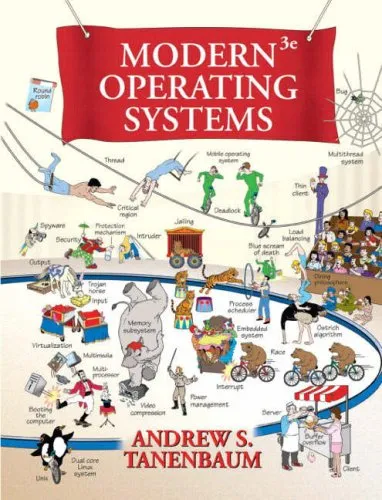
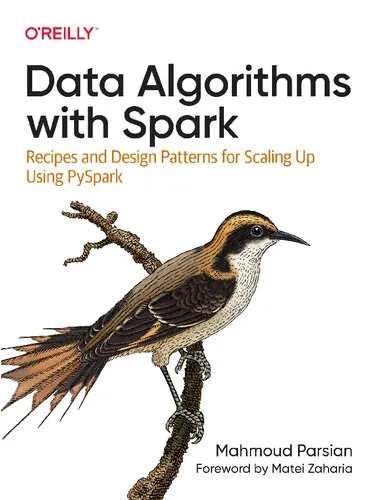
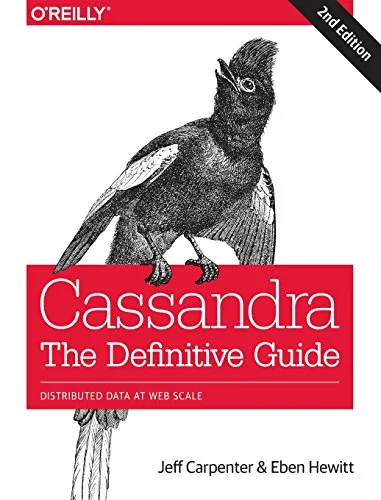
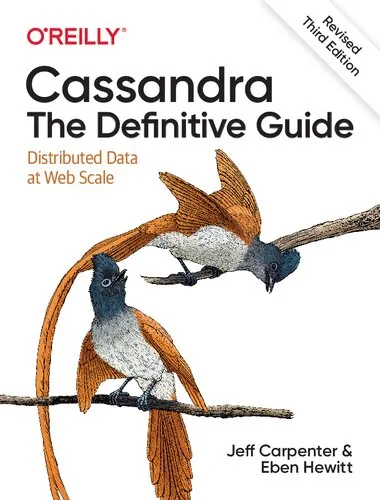


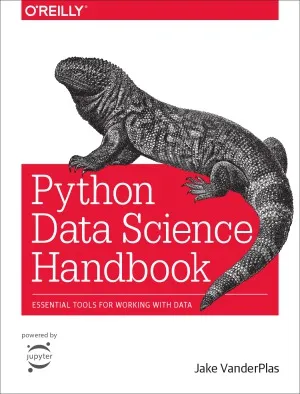





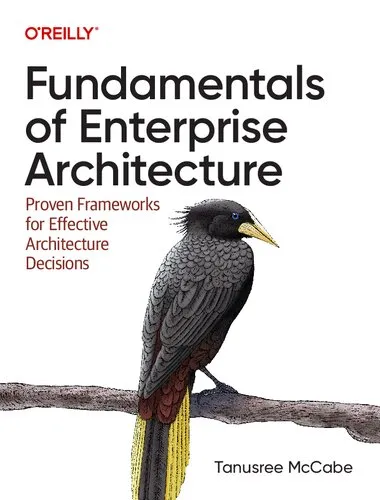


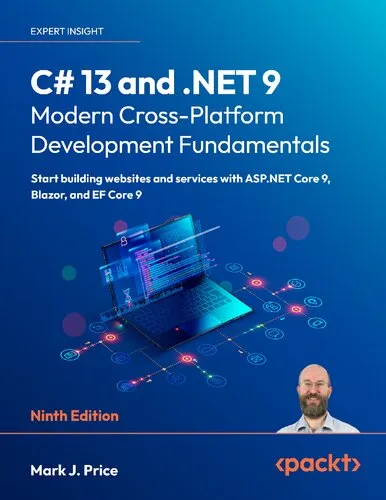
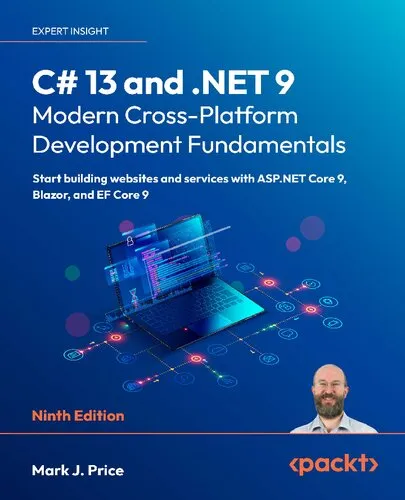
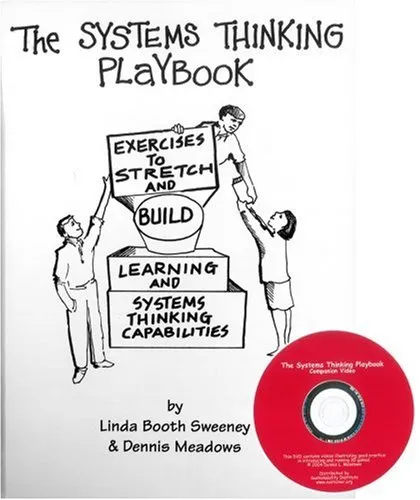

![[ An Introduction to Functional Programming Systems Using Haskell[ AN INTRODUCTION TO FUNCTIONAL PROGRAMMING SYSTEMS USING HASKELL ] By Davie, Antony J. T. ( Author )Jun-18-1992 Paperback](https://s3.refhub.ir/images/thumb/An_Introduction_to_Functional_Programming_Sys_34929.webp)



